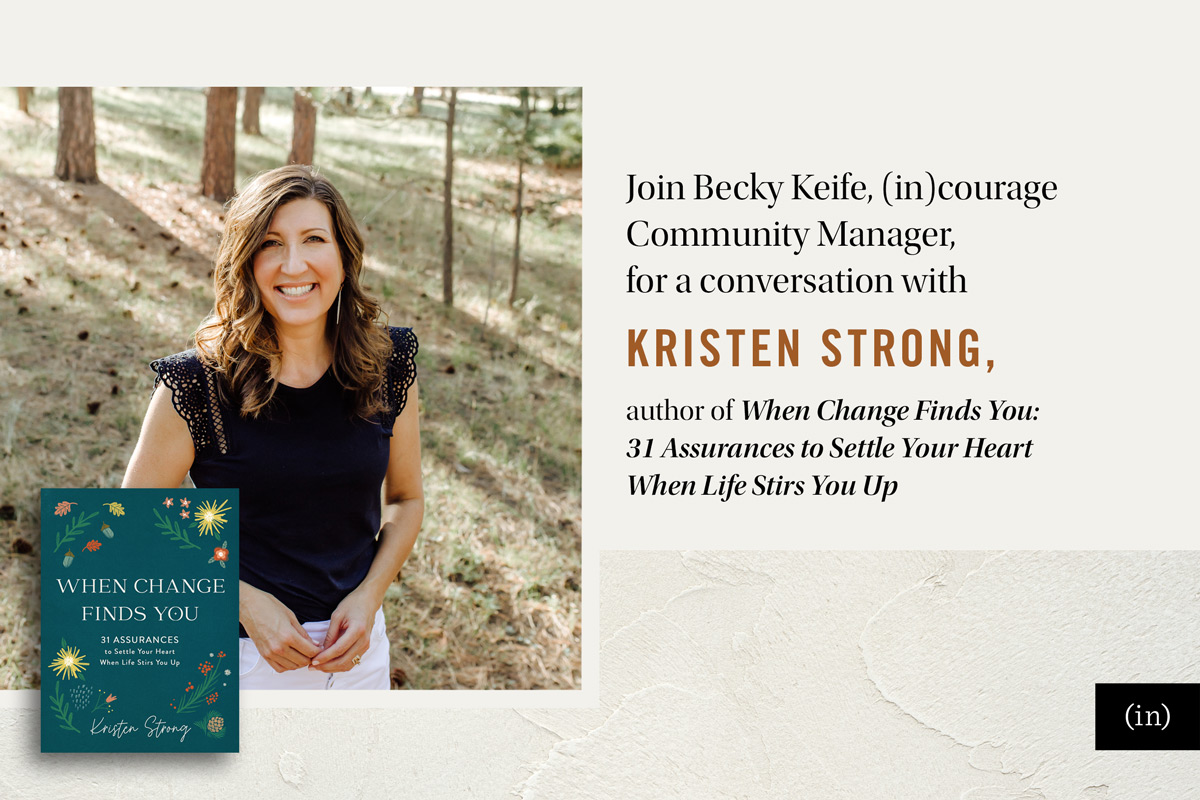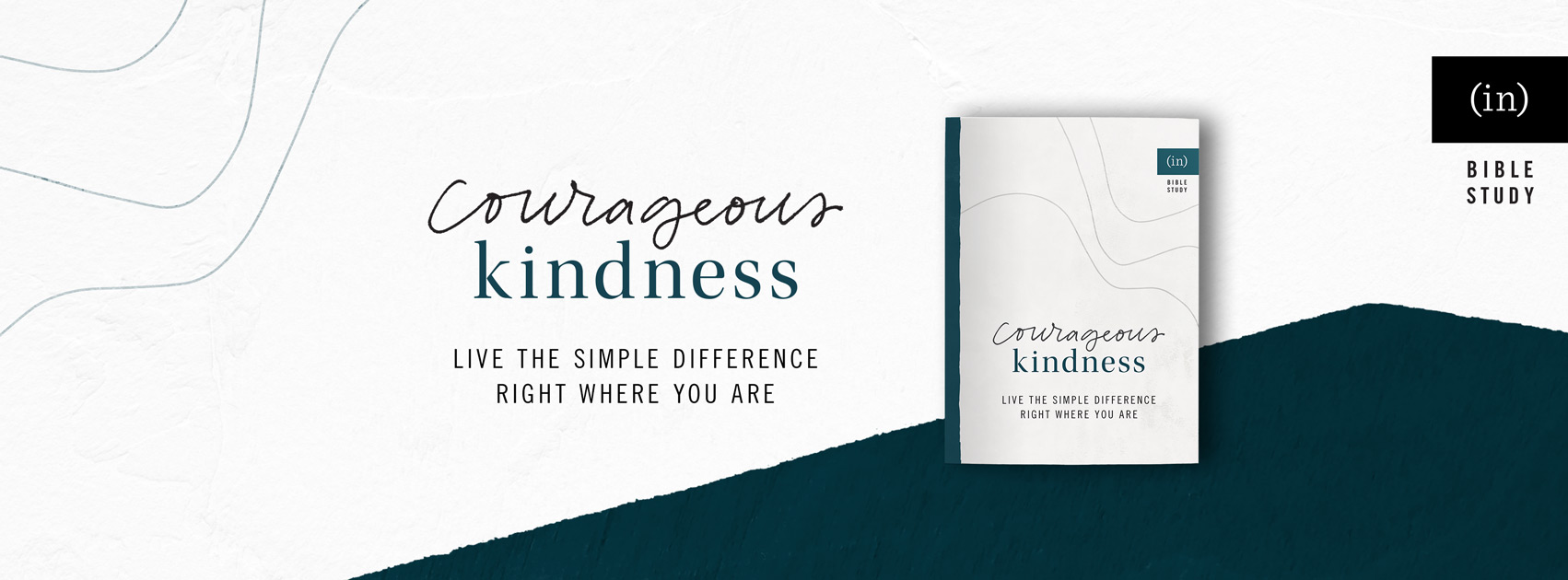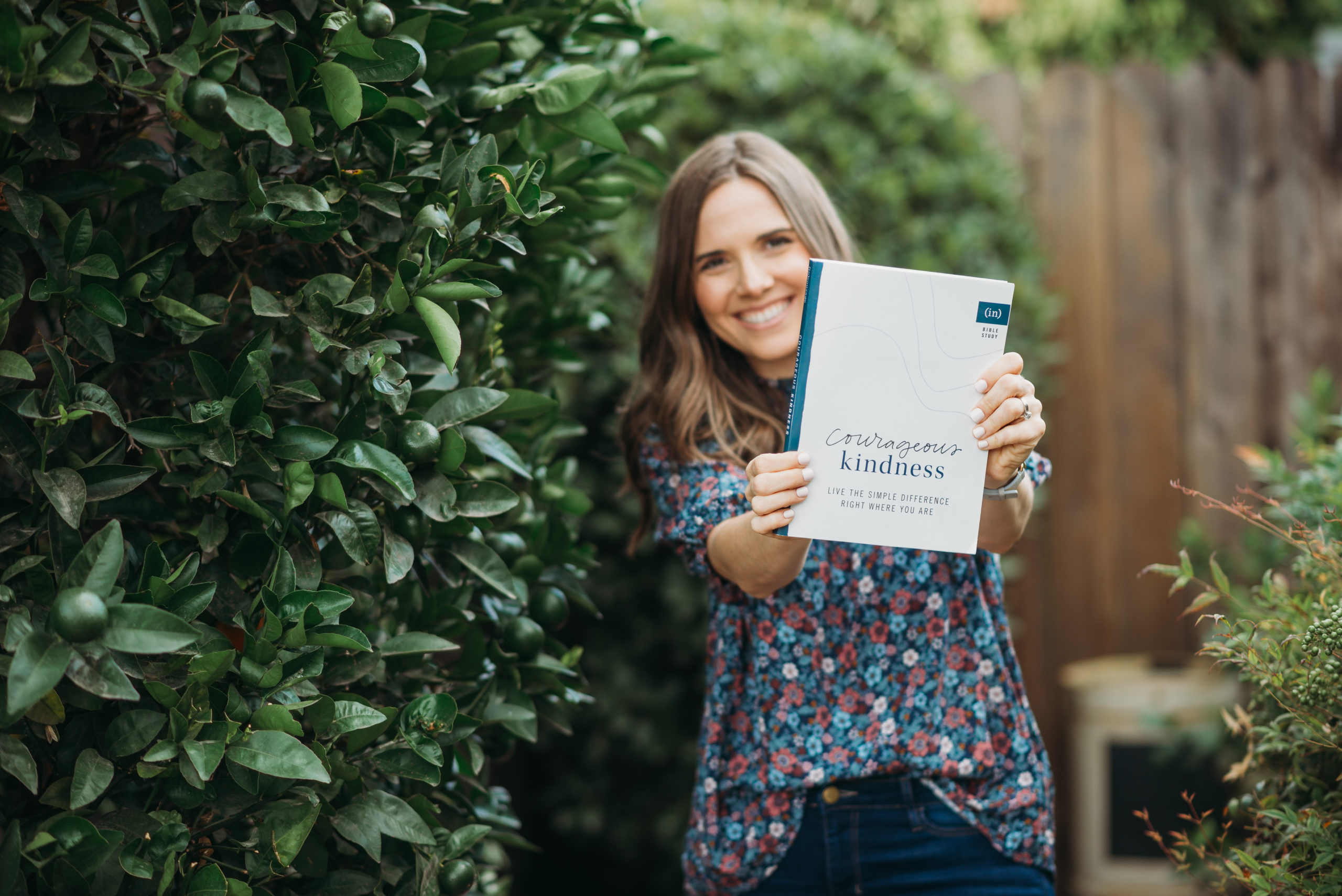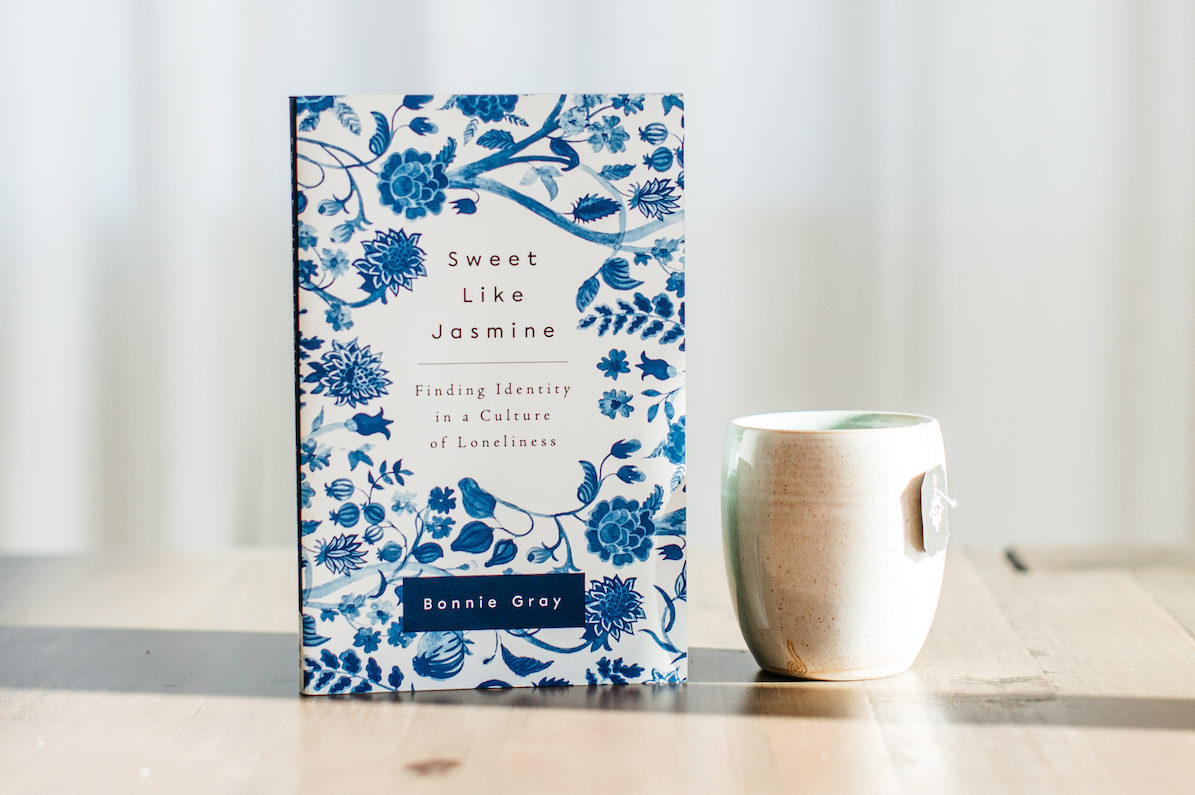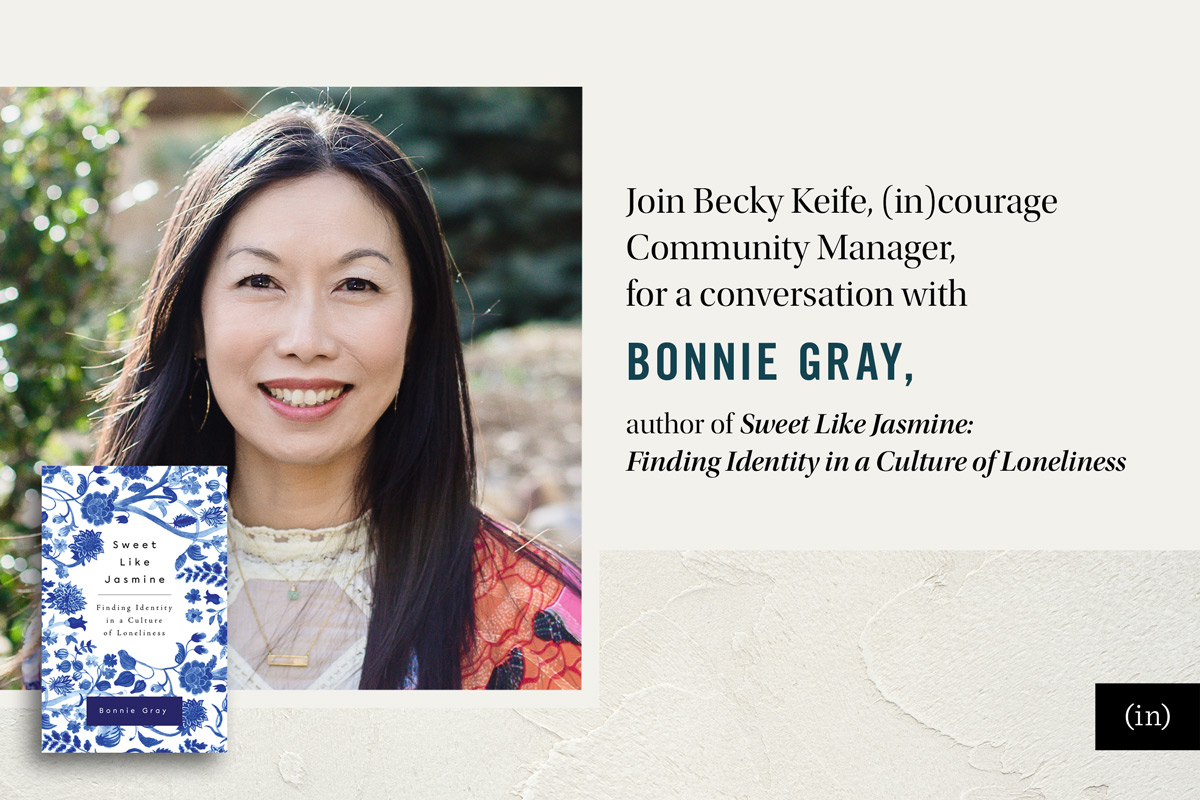Last year when we were all at home on endless Zoom meetings, my husband craved an outdoor project. I gently suggested a greenhouse — a project big enough to get him outside daily for about a month and something that happened to be a lifelong dream of mine.
By the end of summer 2020, I had the greenhouse of my dreams. We only had a couple more months of growing season, but we were able to reap a modest harvest of tomatoes, peppers, and onions from starter plants.
This year, I wanted a full and lush greenhouse to at least produce our summer supply of tomatoes and peppers, if nothing else. (We’re still new at this gardening thing, so I try to keep my goals modest.)
I shopped for seeds in January, planted them in their little trays while there was still snow on the ground, and grew them under a lamp in our sunroom. When they started to spring out of their little cups and the fear of a big frost had passed, I transplanted the seedlings into the greenhouse and watered and waited.
All summer the plants made great progress. In July, we finally got to snag a few tomatoes and onions for our morning egg scramble but were waiting for our big salsa harvest (onions, tomatoes, and peppers, along with some garlic and cilantro from our window garden) until August.
But then the Caldor Fire started less than 2 miles from our home. We had to evacuate with our dog, cat, and five chickens for three weeks.
God and the firefighters protected our house from flames on our property, and we were and are nothing but grateful. But we also knew we would be coming home to an absolute mess. Because our power had been turned off for over two weeks, we knew we’d be dealing with a full, rotting fridge and freezer, along with a gross deep freeze. And because our well runs on electric power, we envisioned coming home to dozens of dead plants, as well as a completely brown greenhouse.
As we rounded the corner of our driveway, my husband Roger and I were in shock. The plants lining our deck and the garden outside were all dry and crispy. But the contents of our greenhouse looked . . . well, green.
How was that possible?
Our greenhouse, in the middle of a forest fire, kept chugging along, growing dozens of tomatoes, peppers, and onions as if there was nothing going on around its walls.
After getting over the shock of finding our garden bounty, I realized this was exactly how my husband and I got through the uncertainty of knowing whether our house would be lost to the fire: We kept chugging along, doing what God designed us to do, not becoming consumed by the craziness around us.
At first, we were paralyzed by worry and fear. We spent the first week of our evacuation refreshing the NASA fire maps and checking our neighborhood social media for reports from our local fire fighters.
But after a week, we returned to our day-to-day routine: reaching out to friends to pray for them, loving on our adult children, serving at church, and serving our community. It wasn’t easy, but it was better than fretting about our house and our neighborhood day after day.
Galatians 6:9 reminds us, “Let us not become weary in doing good, for at the proper time we will reap a harvest if we do not give up.”
Even with stress everywhere we turn, we need to keep doing good. But when life is at its hardest, how do we?
It’s not if the next crisis is coming — it’s when. Cultivating our reserves helps us prepare for the next crisis.
During the evacuation, Scriptures I’d memorized came to mind repeatedly. Some I’d known since I was seventeen, when I took the challenge to memorize forty key Scriptures. Others I’d memorized at the beginning of the pandemic. All of them encouraged and calmed me.
Rest also helped us continue to do good during overwhelming circumstances. Starting week two of our evacuation, we started taking deep, restorative naps almost every day. It gave our minds a break from the chaos and restored our bodies. My husband and I no longer look at naps as a sign of laziness or weakness; they reset us to a healthy place.
During the crisis, we tried to focus on what God had already done for us during other trying times. We didn’t know if the house would survive, but we felt God’s peace and protection.
I’m thrilled to report our house did survive the fire. It would have been easy to put the chickens back in the coop, clean out the gross fridge, and move on. But because we want to keep remembering God’s protection, we’ve done a few things to make sure we and others never forget. We framed the evacuation notice from the fire department and hung it on our wall. We are working on a fundraiser for our community to help us stay fire safe in the future. Finally, we canned a few jars of salsa with our greenhouse miracle plants. We look forward to the next time we have friends sitting around the table who can help us celebrate, eat salsa, and remember what God has done.



